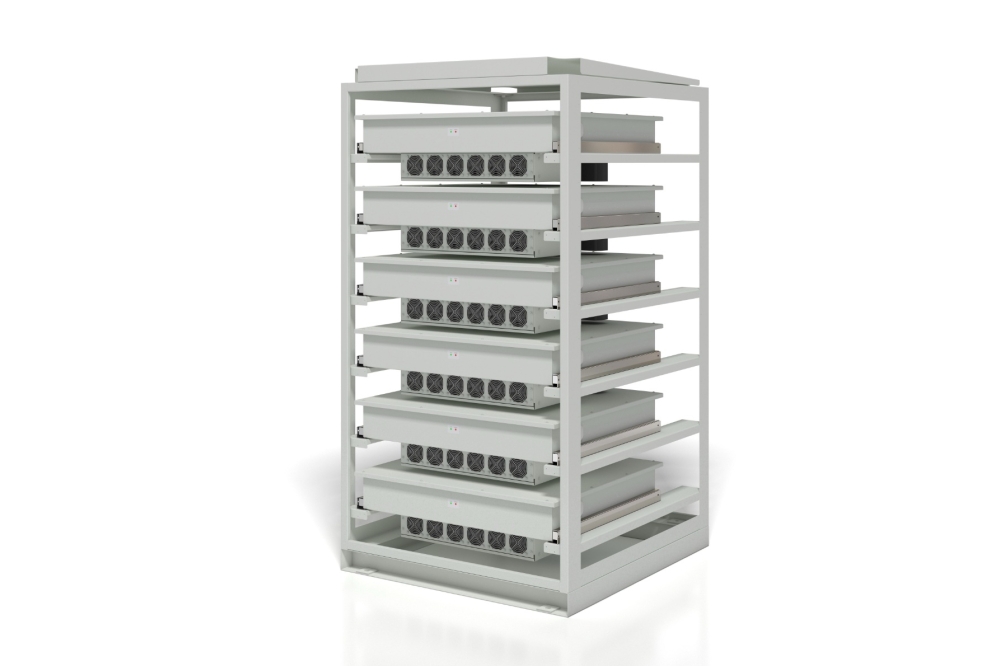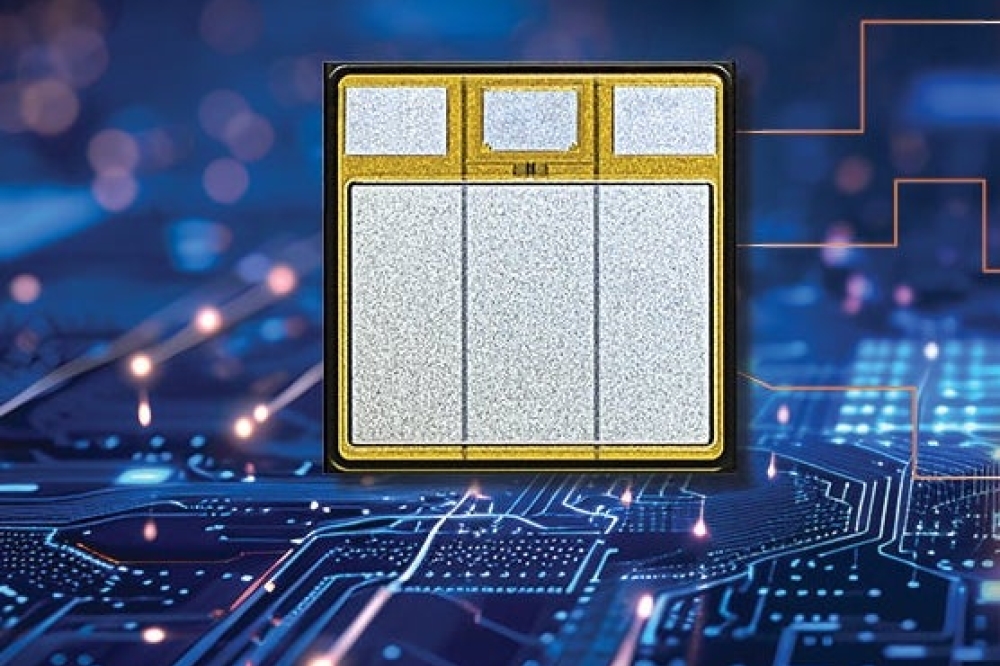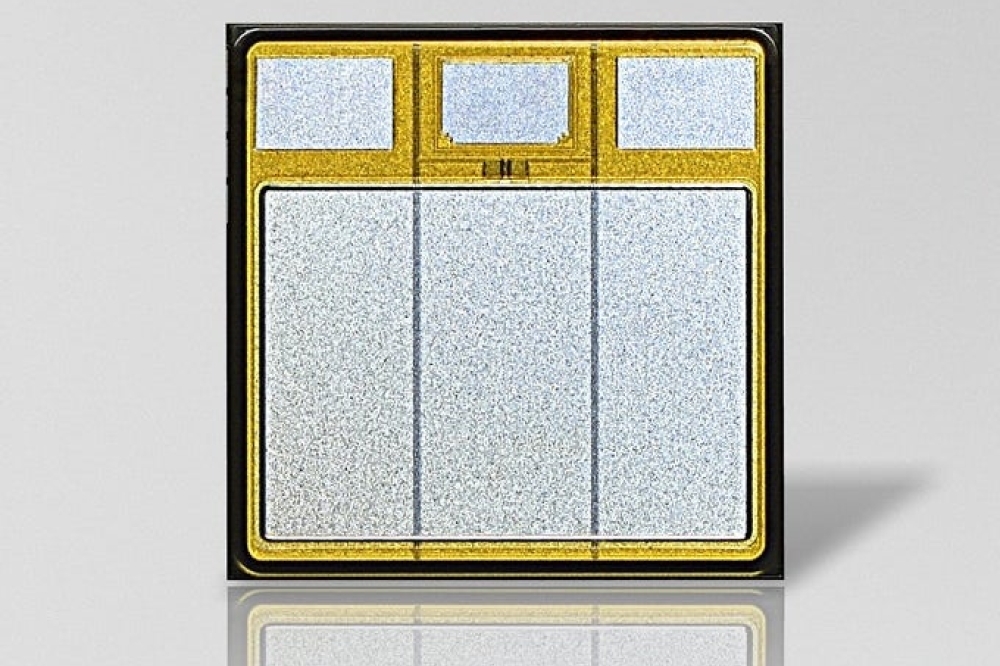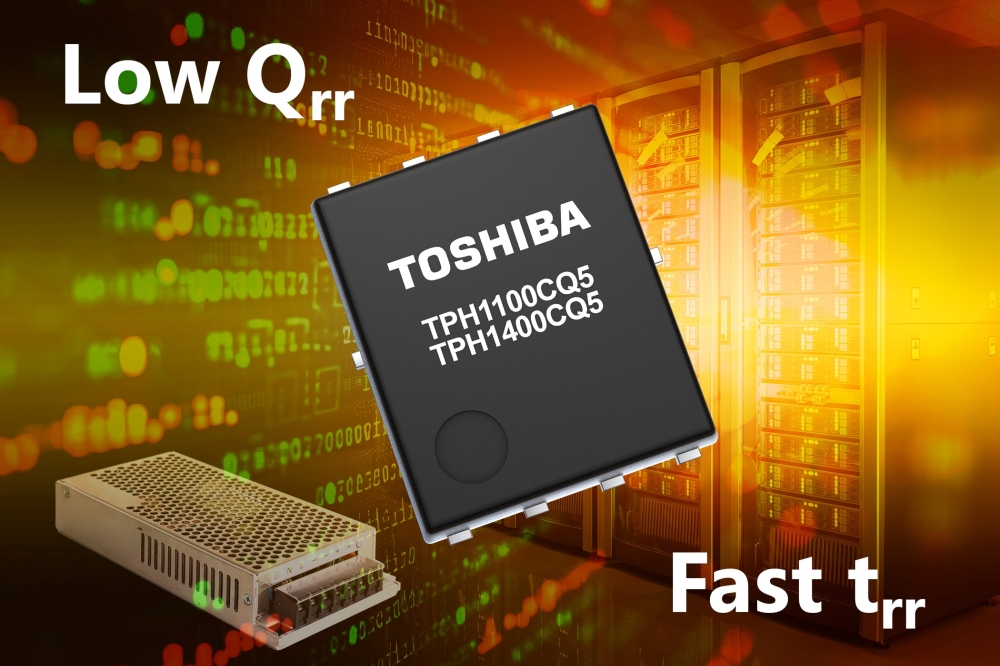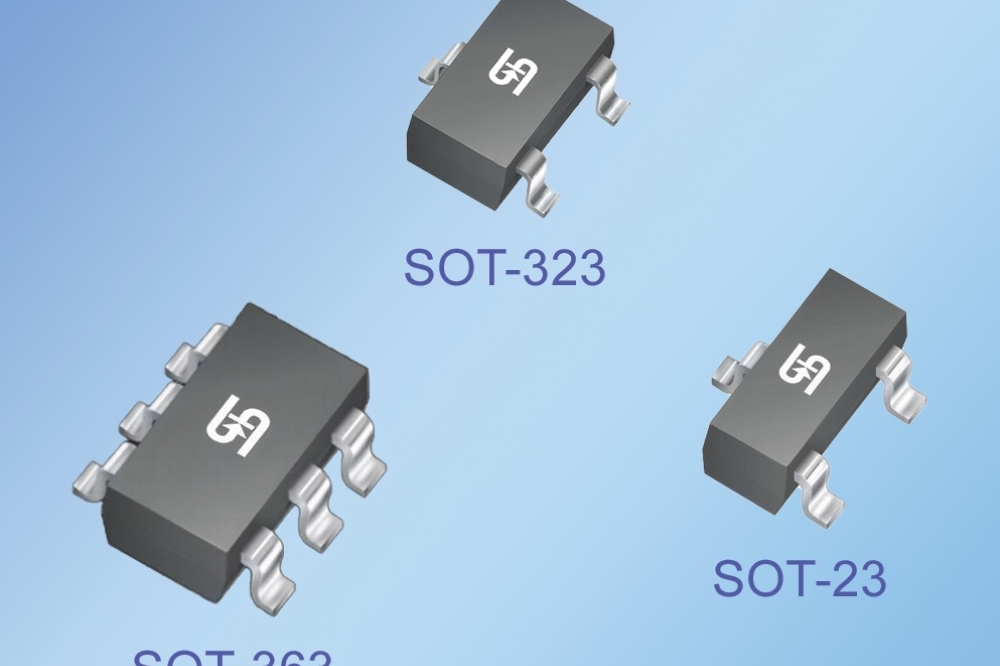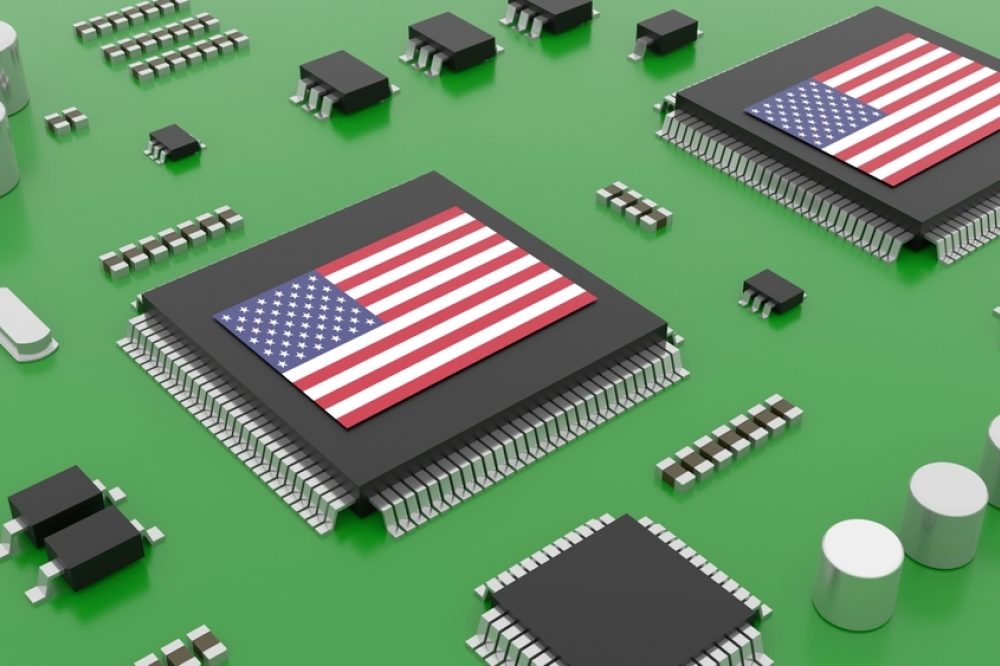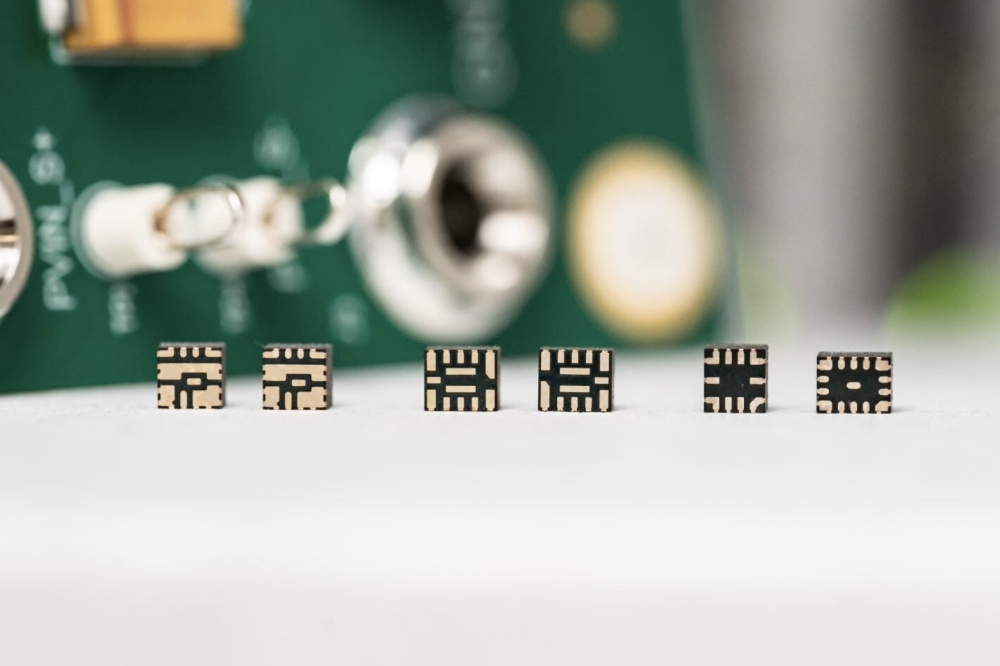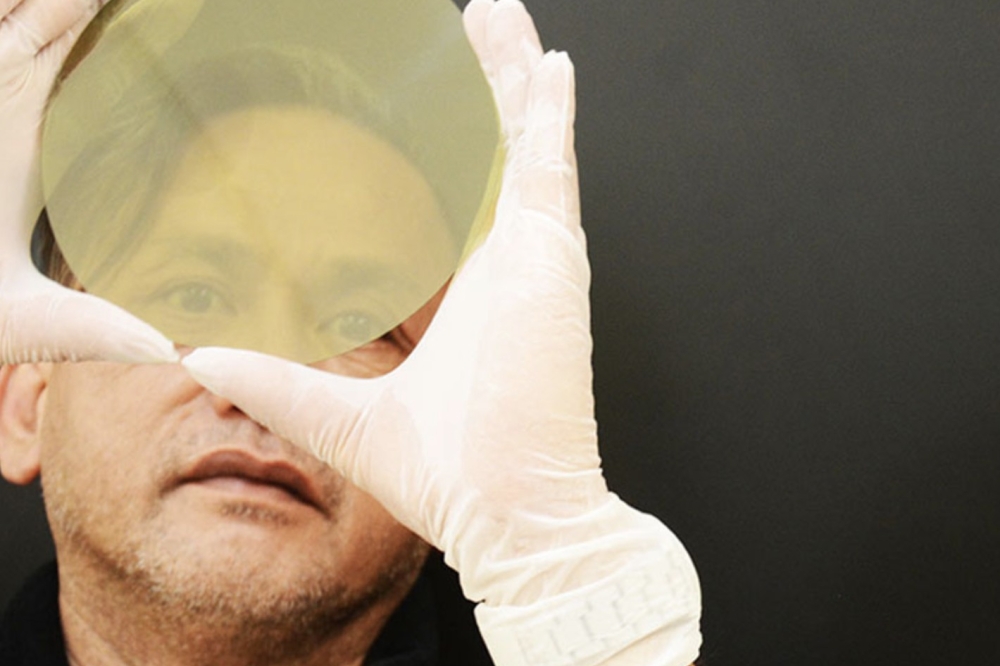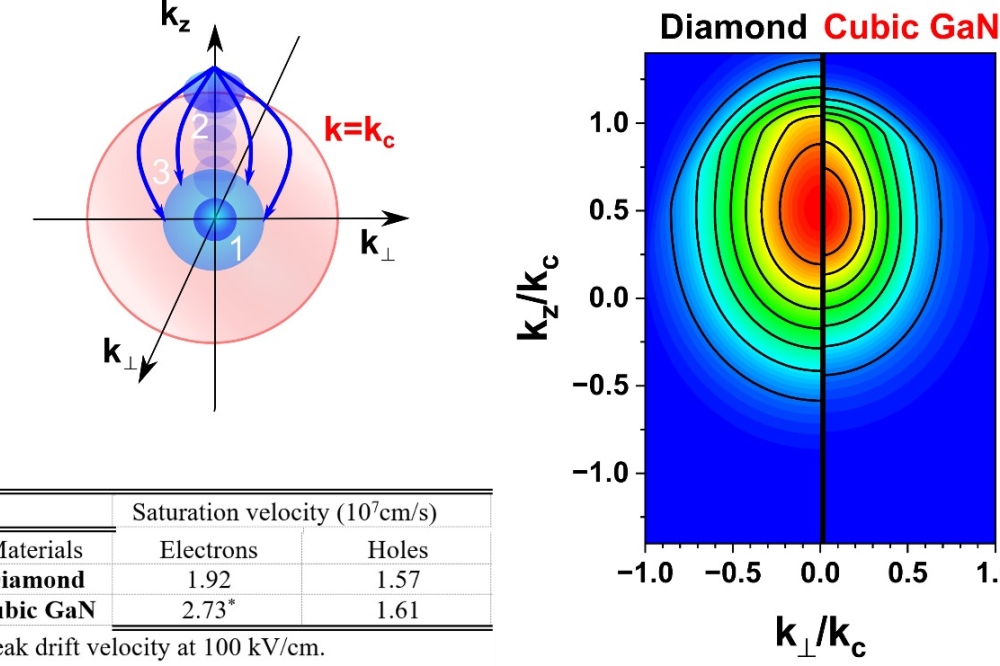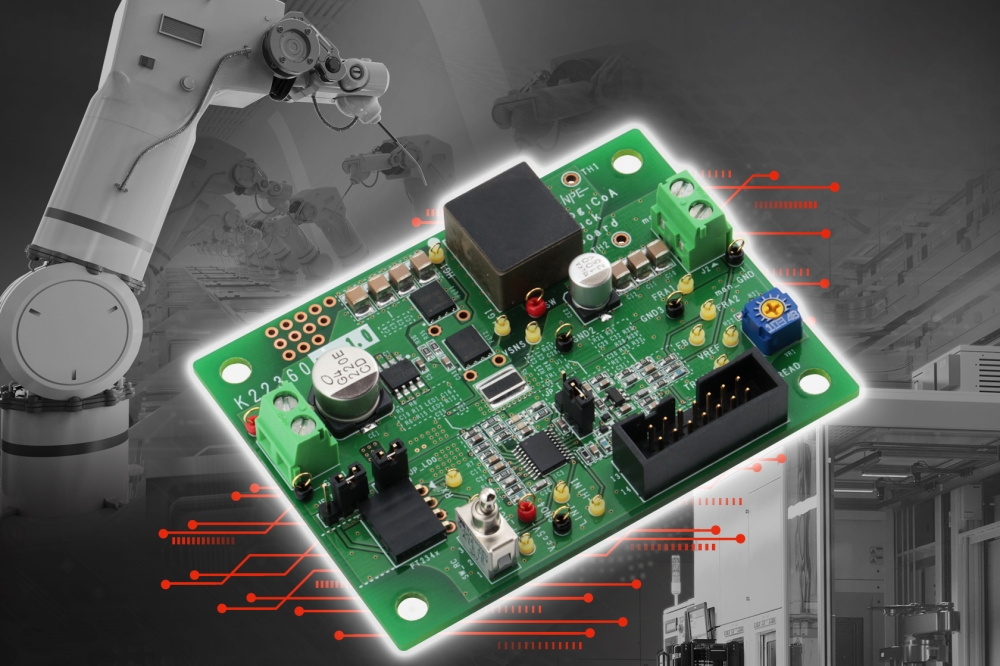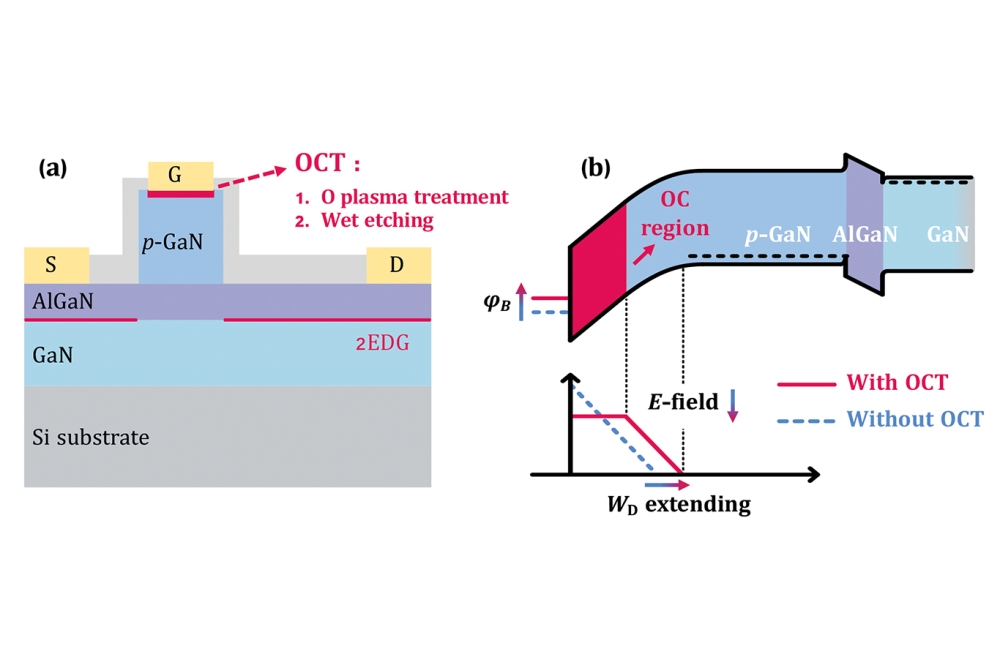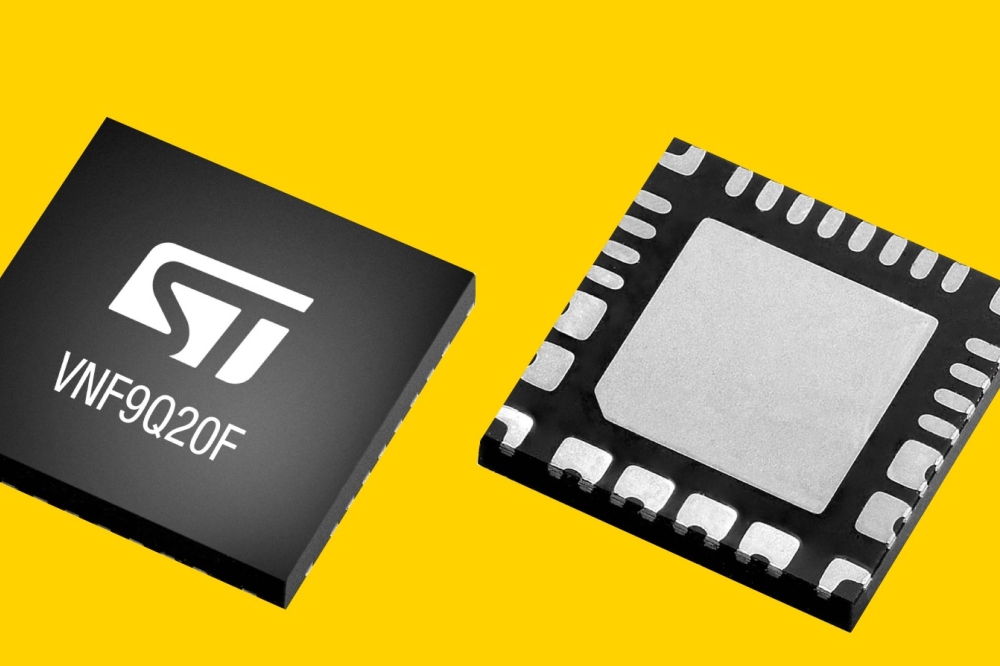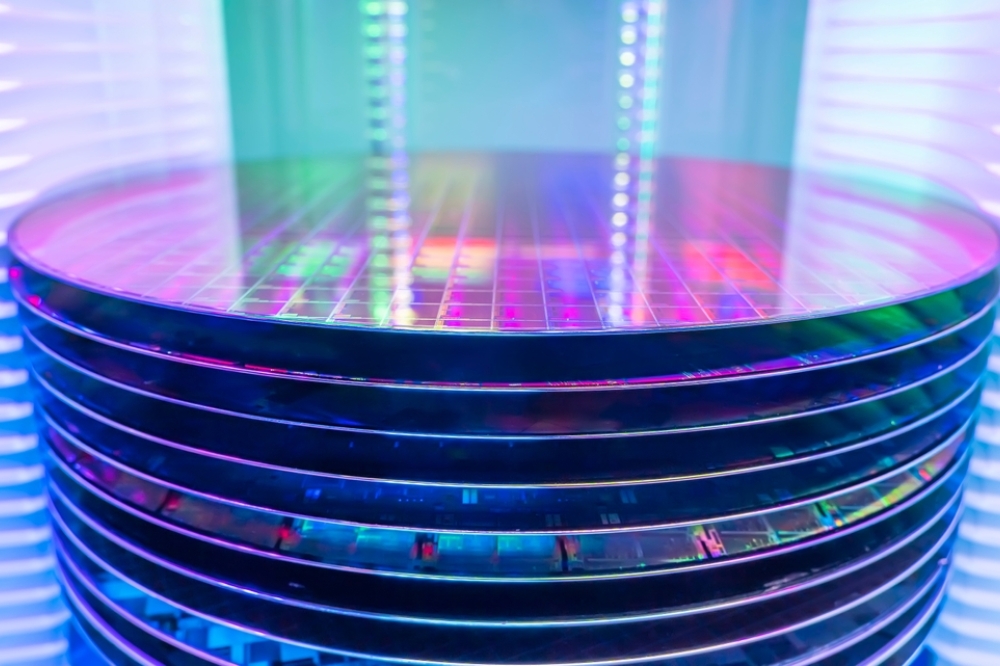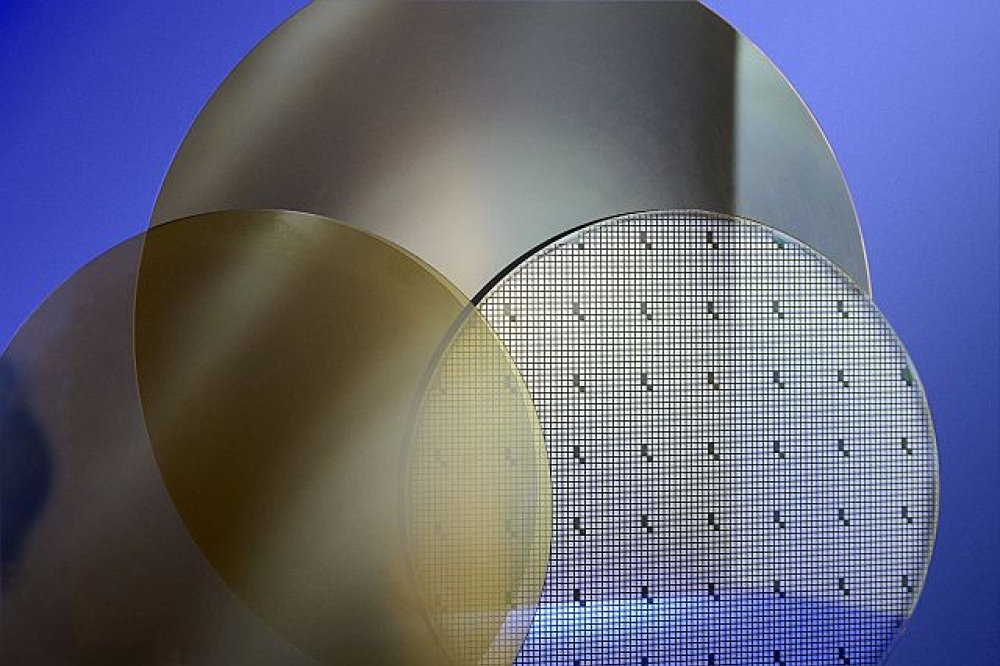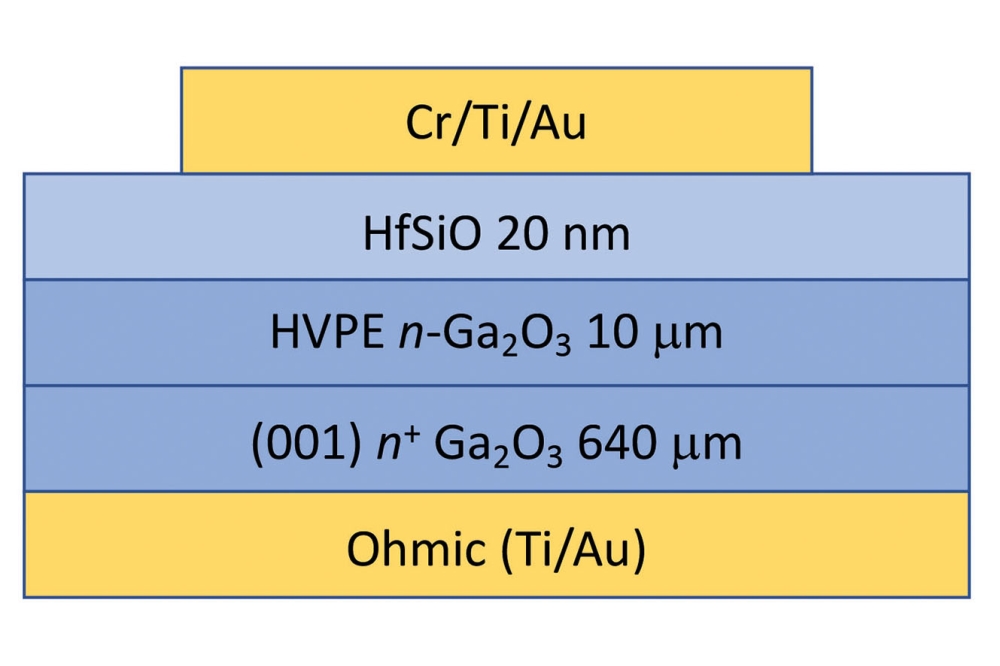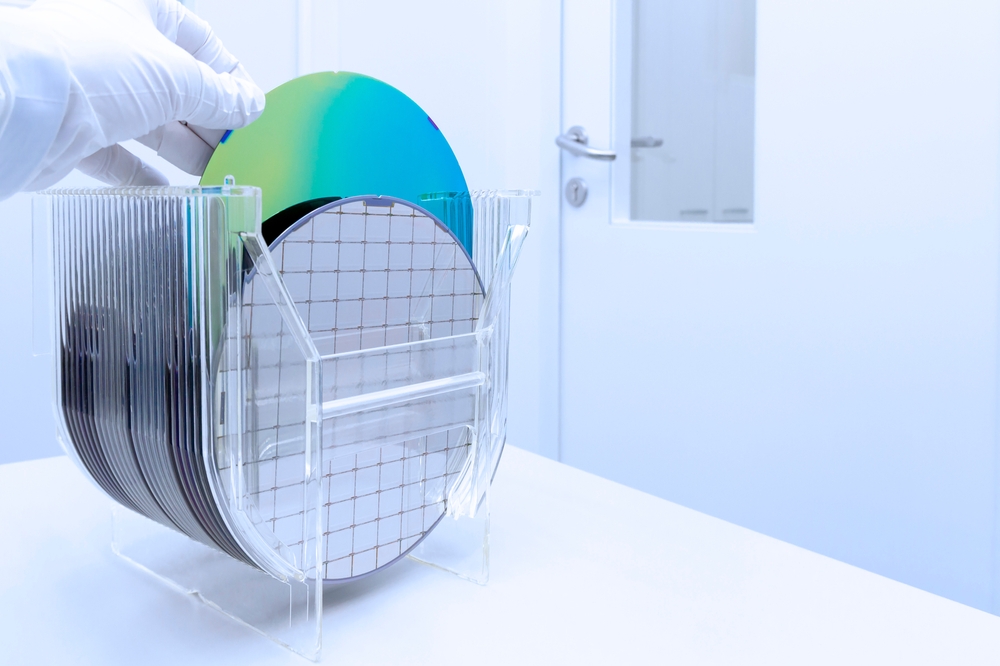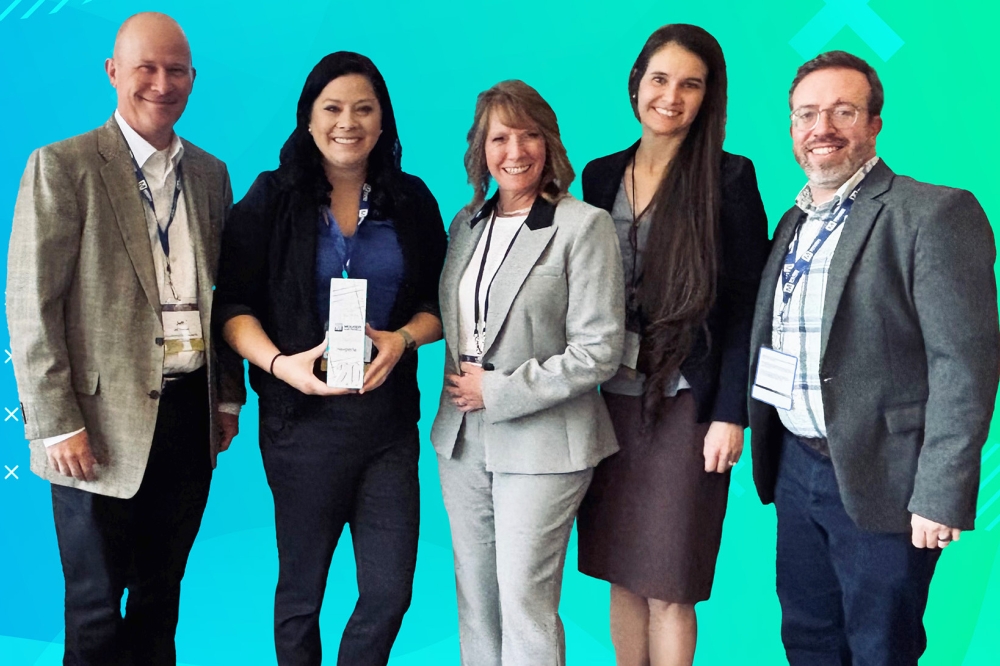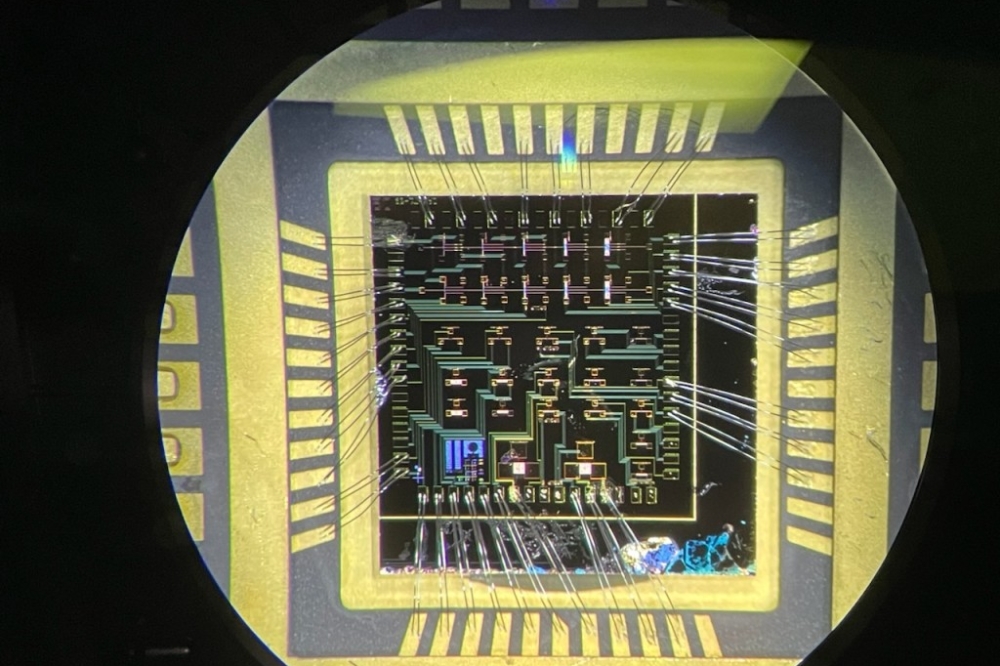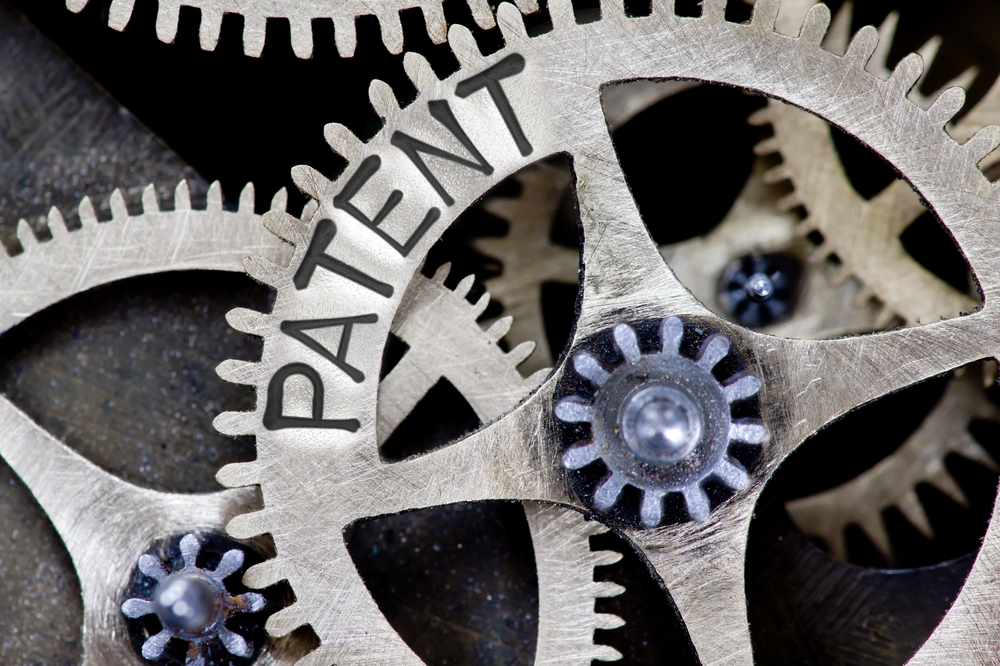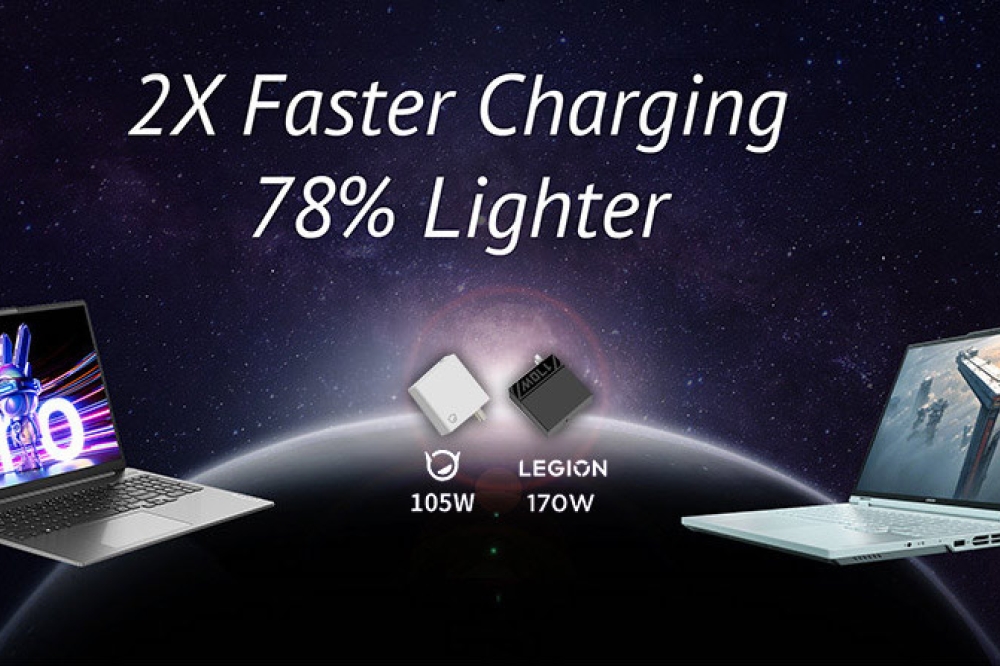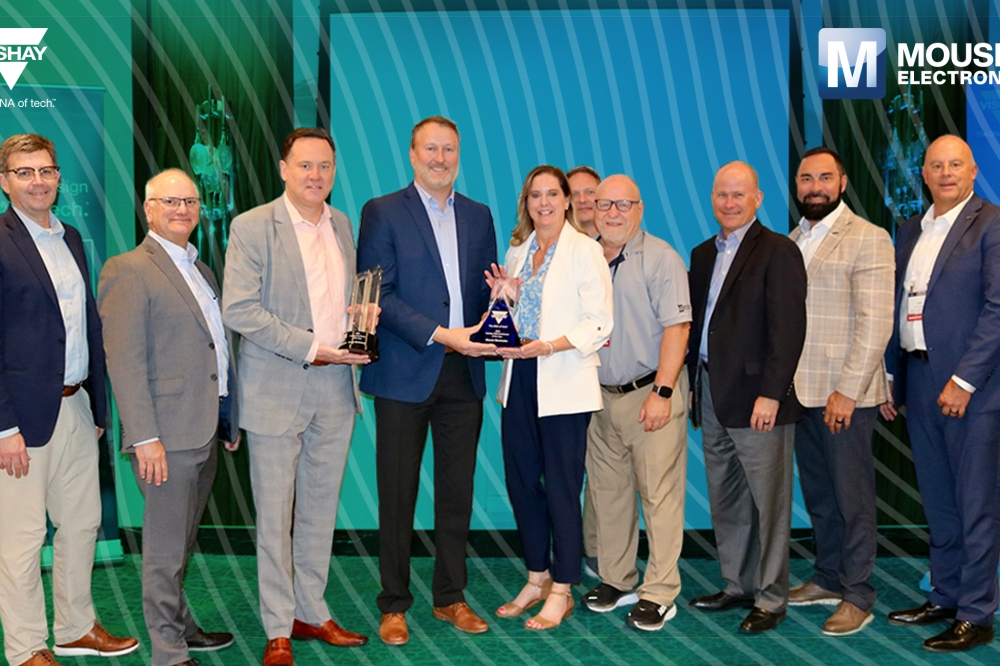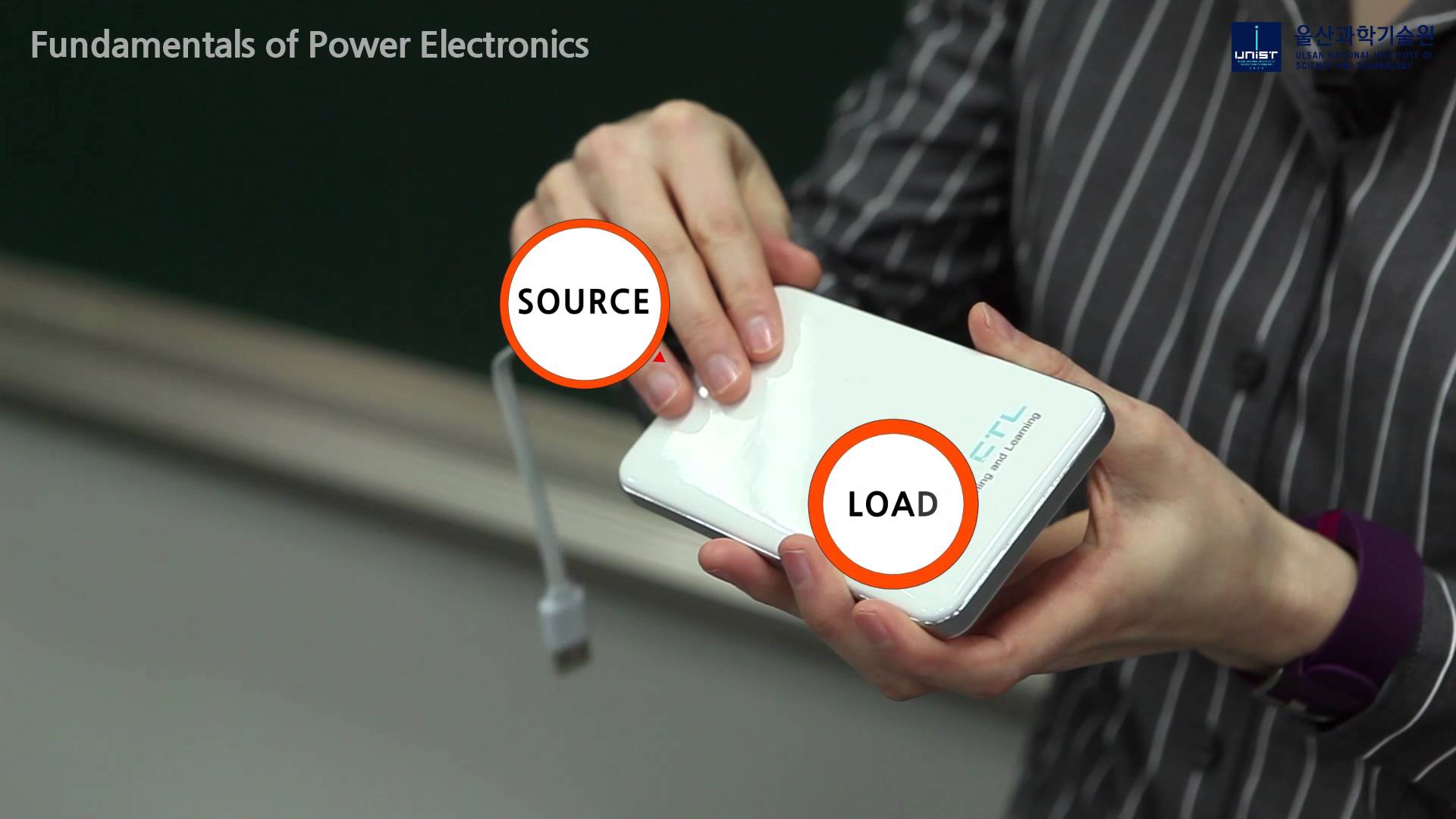NSF awards start-up $1M to transform chip inspection
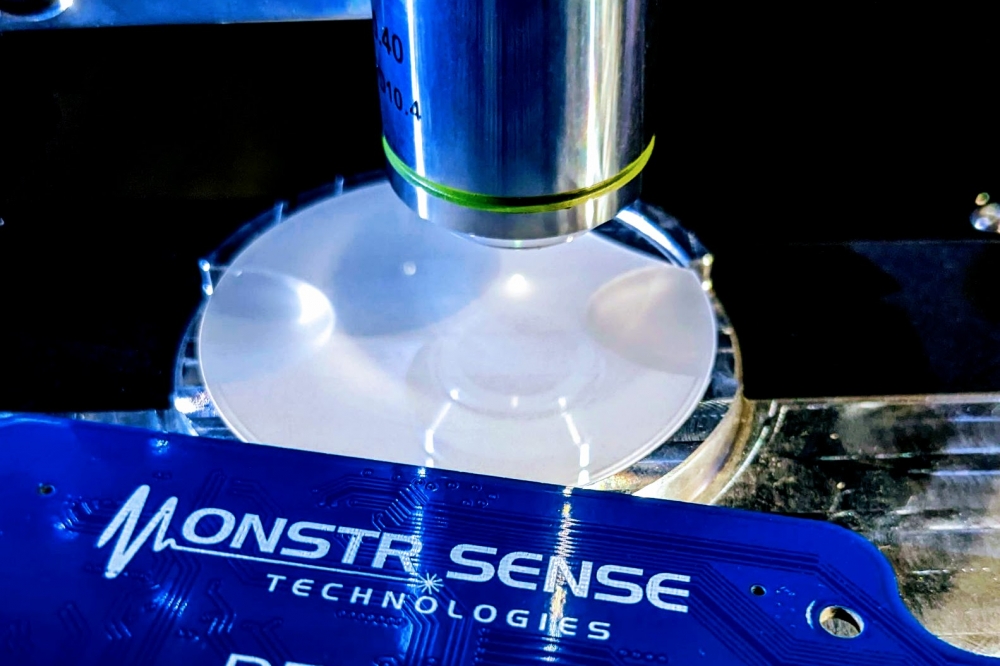
Monstr Sense wins US grant to test new equipment for inspecting SiC and GaN semiconductors
University of Michigan spin-off Monstr Sense Technologies, has been awarded a $1 million grant from the National Science Foundation (NSF) to validate specific use cases of Monstr Sense's wafer-inspection technology for compound semiconductors used in rapid charging, 5G devices, and microLEDs.
The funding will allow the company to conduct rigorous benchmark testing, and to develop a turn-key system to expand its addressable market. This project builds upon Monstr Sense's ultrafast lifetime imaging expertise with its laser-scanning microscope NESSIE that is optimised for semiconductor research applications.
Monstr Sense's first products, BIGFOOT and NESSIE, are equipment designed for scientists looking to augment their labs with ultrafast technology that also offers sub-micron spatial resolution. The company aims to offer semiconductor characterisation solutions for all stages of the semiconductor development process from fundamental science through in-line inspection in manufacturing facilities.
"With the help of America's Seed Fund powered by NSF, we are moving technology that has been exclusively used for fundamental science into an industrial application that impacts everyone," said Monstr Sense president and co-founder Eric Martin.
"High-tech chips, like those used in every electric vehicle and smartphone, rely on the most advanced technologies from scientific labs. However, crossing the chasm between doing science and building a reliable tool in a sustaining market is challenging. As we have commercialised a tool for science, the NSF has made it possible for us to continue innovating at Monstr Sense and to find this important application of our technology. This Phase II funding enables us to next build a turn-key and user-friendly tool that is optimised for the high-power semiconductor inspection market."
By developing effective wafer inspection, Monstr Sense is helping to improve the efficiency of manufacturing electric vehicles, 5G electronics, and microLEDs. Capable quality control helps ensure that devices don't fail when you need them, and it makes the next generation of electronic devices more affordable.
America's Seed Fund powered by NSF awards more than $200 million annually to startups and small businesses, transforming scientific discovery into products and services with commercial and societal impact. Startups working across almost all areas of science and technology can receive up to $2 million to support research and development, helping de-risk technology for commercial success.


